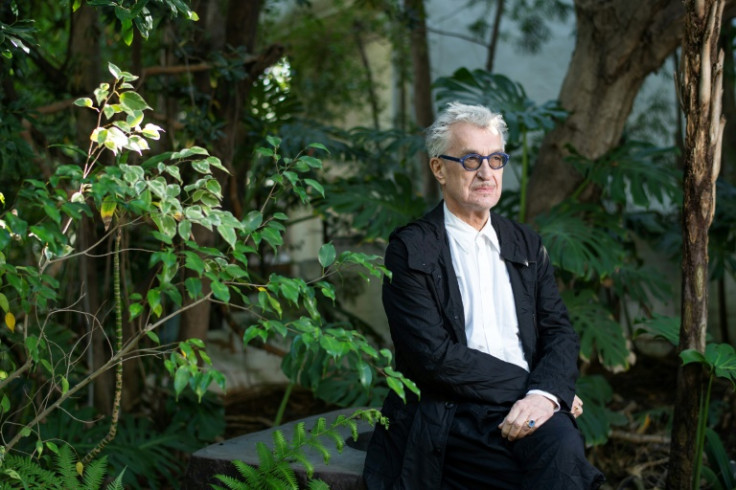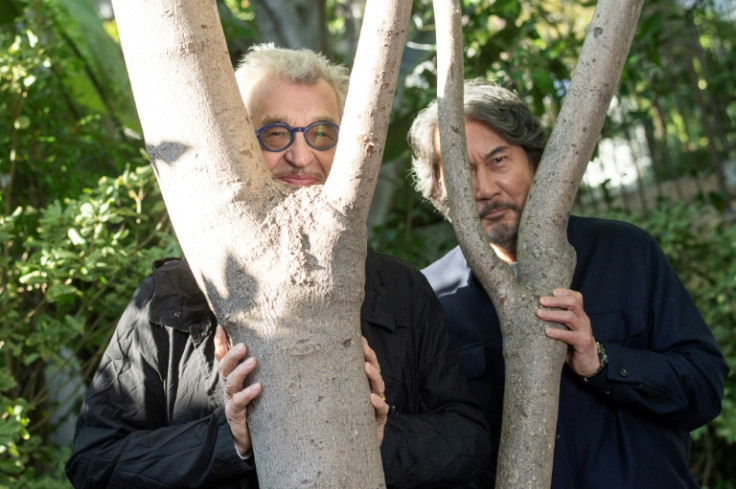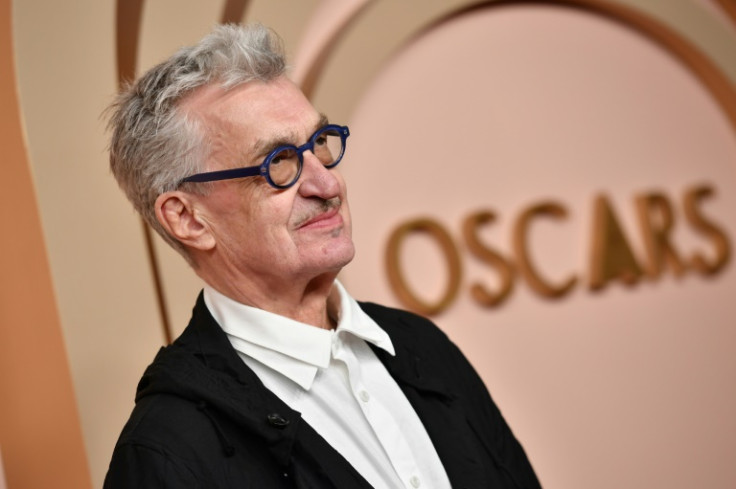
When German director Wim Wenders revealed his latest inspiration -- Tokyo's public toilets -- newspapers in his country "treated it like a joke", but now the film "Perfect Days" has been nominated for an Oscar.
"Toilets are the opposite of culture" in Europe, the arthouse great told AFP in an online video interview. But in Japan, where the film is set, "that is not the case".
The movie's taciturn main character is a cleaner who ensures that a set of toilets in downtown Tokyo, designed by famous architects, are kept spotless.
He is meticulous in both his job and his habits, but as the days go by, the complexity of his situation comes to light, prompting reflections on urban solitude, community and growing older.
Wenders said his critics had "realized how much this film is not about toilets".
"But toilets are part of it, and toilets are part of a very specifically Japanese sense of welcoming... and a sense of respect for this very human need that we all have."
"Perfect Days" is a finalist for Best International Feature at the March 10 Academy Awards, after star Koji Yakusho won Best Actor at Cannes for his performance.
It's yet another eclectic subject for Wenders, 78, whose cult works include the drifter drama "Paris, Texas" and documentaries such as "Buena Vista Social Club".
Back in 2020, the German was "heartbroken" to see how "the sense of the common good had really suffered in the pandemic", with rubbish strewn across Berlin parks.
Then Koji Yanai, son of the multi-billionaire founder of Japanese clothing giant Uniqlo, got in touch.
He invited Wenders to tour his toilet renovation project, hoping to inspire a series of short non-fiction films.
After seeing some of the 17 facilities, including one with transparent cubicles that turn opaque when the door is locked, the director decided to make a full-length feature.
Impressed by the "sense of responsibility" in Japan, "I realised there was a bigger story to tell," he said.
Countries submit one film each year in the Oscars' Best International Feature category, and "Perfect Days" is Japan's first entry by a non-Japanese director.
Wenders, who has never won an Oscar despite his documentaries being nominated three times, co-wrote the script with top advertising creative Takuma Takasaki.
The shoot was finished quickly, in around a fortnight, and the pair kept the film's dialogue sparse to ease the language barrier.
"The main language in movies is still the eyes," Wenders said.
His first task was to scout key locations such as the protagonist Hirayama's modest home in the shadow of the futuristic Skytree broadcast tower.
Hirayama's daily trips to public baths and underground restaurants after driving home from work through Tokyo's spaghetti junctions are as much part of the film as the toilets he cleans.
"It's the only city I know where everything is on top of each other, and I like that so much," Wenders said.
The director had already worked in the capital -- 1985's "Tokyo-Ga" was a homage to cinematic master Yasujiro Ozu -- and said it would be a "dream come true" to do so again.
Next up could be an as-yet-unwritten project set in both Tokyo and space, but at 78 years old, "every movie I do will eliminate others I can do".
"When I was young, I thought I had a countless number of movies in me, and now I know I've got to be very careful."
"Perfect Days" allowed Wenders to express an "appreciation of Japanese culture that I hadn't been able to express before".
For example, "komorebi": a Japanese word for the quality of light as it filters through the trees, as captured by Hirayama on a film camera during his lunch breaks.
Wenders was impressed that a word exists to describe these "beautiful little spectacles we see sometimes on the wall, or the floor".
To him that represents an "appreciation of the small things we take for granted, or don't even see", he said.
Some critics have said Hirayama's life is too romanticised, but for Yakusho, the role had its benefits.
The intricate toilet-cleaning methods he learned reminded him of the "job of a monk in training", the actor told AFP.
Hirayama's daily routines, from watering his saplings to buying vending machine coffee or listening to cassette tapes in the car, also carried their lessons.
"When the film was finished, I felt some envy watching Hirayama finding real, small joys in various things," Yakusho said.
"Thinking it might be a very good thing to look up at the sky and take a few deep breaths in the morning when I come out my front door, I sometimes remind myself to do that."









